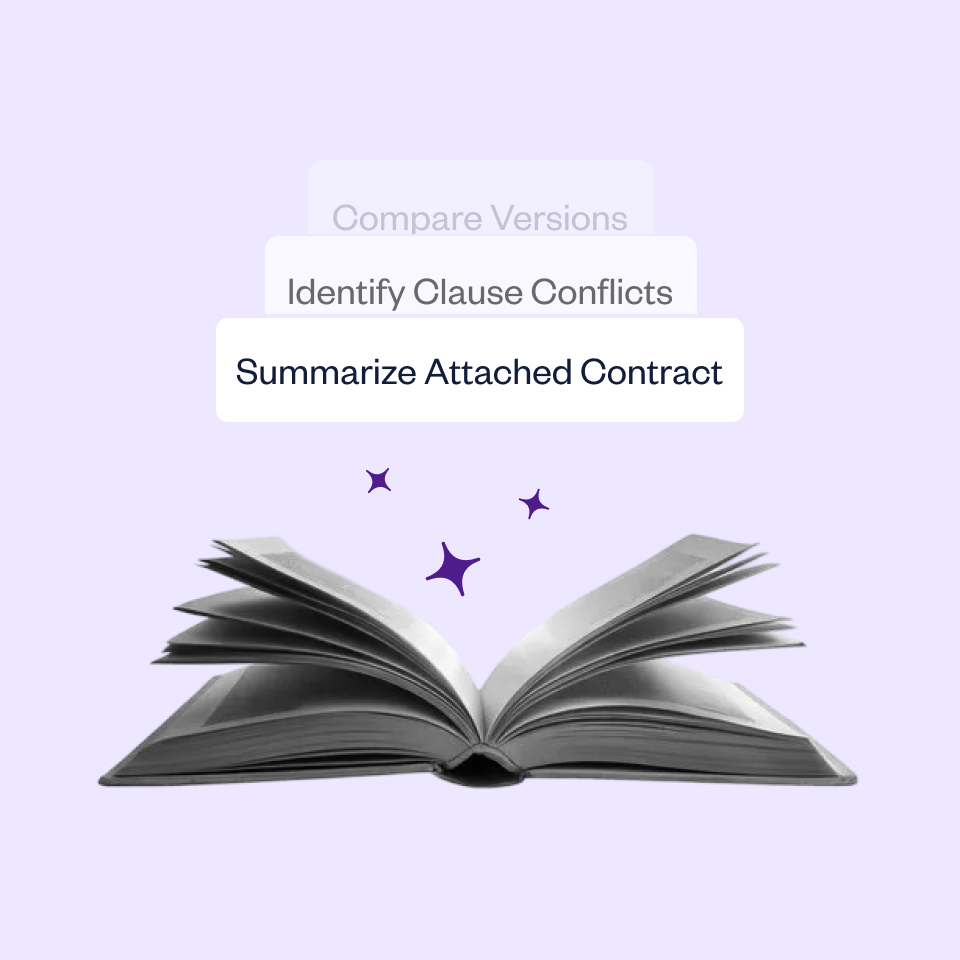If you’re moving into a new role as an in-house General Counsel, there’s a lot to take on in your first 100 days.
From getting to know the business to connecting with the team and establishing a plan for the C-Suite, the settling-in period can be one of the busiest times in the role.
The first 100 days are critical for setting the pattern of how you mean to continue. It’s a chance to establish rapport, determine how legal will support business goals, and put in place positive changes to help take the business forward.
Here are some tried and true suggestions for successfully stepping into your first 100 days as GC:
What do you need to know about transitioning into the GC role?
As you transition into the GC role, it’s important to take steps that pave the way for your first 100-day plan and beyond. The following recommendations can help you start out strongly:
Start by listening
You may already have some ideas about what you want to achieve in your first 100 days, but it’s always helpful to start out by listening to your team and other stakeholders. When you gather feedback and show that you’re prepared to listen, it helps to get people on board with any changes you might decide to make.
With that said, surveying your team and stakeholders can help provide you with valuable ideas and feedback. You can give people the chance to provide honest answers in a confidential environment, which tends to allow for more candid feedback. This also helps to send a message that you’re there to listen and value honest feedback.
The ideas you get through listening to and surveying people may help inform your 100-day plan, or might be addressed as part of a longer-term vision.
Make the most of any handover
Sometimes there may be an overlap where the outgoing incumbent is still available in the role. If you’re fortunate to experience this, make the most of the handover period.
Spend as much time as you can with the incumbent and work with them to establish how they see the scope of the GC role, the key priorities, any outstanding issues and projects that will overlap into your tenure. You should also find out from them who the important internal and external contacts are that you should know about.
If you get the handover time, it’s also a good idea to work with your predecessor to draft any announcements about their departure and your onboarding.
Get to know the sector and business
The role is entitled “General Counsel,” which means you are required to have broad, general knowledge of the business itself and the wider sector. This doesn’t just apply to the law, but also to the knowledge of key goals, hurdles, and pathways to growth for the business.
For an incoming GC, this can also be one of the key challenges, so setting out to develop your knowledge is a big step in the transition. You might want to talk with board members to get to know their thoughts on how the legal team can improve how they support the business. You’ll definitely want to learn specifics about the company, including history, core goals, key challenges, and risks.
While you delve into the business, you’ll also want to clearly establish what the organization needs from its legal team, and from the GC role in particular.
Step-by-step: Your first 100 days as a GC

Here are some well-regarded steps to take within your first 100 days as an in-house GC:
Understand (and manage) expectations
If you’re coming from a role in a law firm into an in-house role in a business, expectations among the people you work with often look entirely different. For example, within a law firm, your team of colleagues generally understands what you have on your plate and how much work goes into getting through those tasks.
In an in-house role, people may not have that level of understanding. A fast-paced company may expect that things can be done with an incredibly short turnover that you’d usually take extra time for.
It’s important to understand the expectations of the company, as well as manage those expectations where necessary. You might find that the speed of decision-making is either faster or slower than you’re used to, for example. If the expectation is that you can turn over heavy contracts within a much shorter time frame, you may need to have discussions around what you need to ensure that the work can be done quickly.
Learn the current status of the legal department
How is the legal department currently working? It’s important to conduct a thorough assessment, including
- Team structure. Does the team balance senior lawyers with juniors, assistants, or paralegals? Sometimes legal teams have more senior lawyers and no focus on anyone up-and-coming. Ensuring you have a balance that includes the more junior roles can help to keep the flow of low-value/high-volume work to be appropriately resourced. It also helps in that you can develop a natural career progression.
- The relevant areas of law and risk that the team is focused on. You need to understand which areas of the law the team works the most with so you can also determine if further skills or training are required.
- The budget. What is the team working with? Has the budget been enough to get through the volume of work?
- The priorities of the business. You need a thorough understanding of the business priorities and how the legal team assists with them. Has the team been effective thus far in helping to move along the interests of the business?
Get to know the legal team well
Some advice that has often been repeated by GCs is that in hindsight, they would have spent more time talking to their legal team members than the board at the beginning of their new role. It’s not that the views of the board aren’t important (you need to engage with them!), it’s that if you really want an accurate picture of the team and how it operates, you need those conversations with the legal team.
Another aspect of this is to understand each individual well and the specialties they bring to the business. For example, there may be an area of the legal team’s responsibilities that has not been your specialty before; in this case, it’s important to have people around you who do have that specialized expertise.
Lastly, you need an understanding of whether you need to be pushing for hiring at an early stage. Through your assessments, you might find that senior lawyers are spending too much time on “junior” tasks, or that certain expertise is missing from the team. Establishing this early on can help you to make a positive impact within your first 100 days.
Know other key contacts and stakeholders
It’s important to have allies at the senior departmental level, as well as advisers you can call upon. Within your first 100 days, make a point of getting to know senior staff, and connecting with external lawyers who you may be able to call upon for help if needed.
One thing to remember is you’re not on your own as a GC. You can call upon the expertise of others should situations arise where you need help. Cultivating relationships with senior staff, stakeholders, and external lawyers helps you to have a deep bench to call upon when you need to.
Understand the systems and processes
When you step into a new GC role, you need to understand “how we do things around here.” The systems and processes an in-house legal team use can either help or hinder their ability to be efficient and successful.
Take contract management as an example. Most in-house legal teams will deal with a high volume of contracts and the end-to-end process can be very time-consuming. However, contracts are one area that is also ripe for improvement through tools or software. If the legal team is currently spending a lot of time on manual processes for drafting, reviewing, and collaborating over contracts, there is a time-saving software to help.
SpotDraft is an option for in-house legal teams that can streamline the contract process and save incredible amounts of time. One of your moves as part of your 100-day plan may be to put tools in place to improve systems and processes. SpotDraft is one that can be impactful very quickly, with our short time for full onboarding.
Final thoughts
Your first 100 days as a GC help to set the scene for how you mean to continue. It can be a steep learning curve, especially if you’re coming into a sector that is new to you but taking the time to listen to the legal team and get to know key stakeholders will help.
Systems and processes should be part of your assessment during your first 100 days, with the aim to ensure that the legal team is set up to be as efficient as possible. SpotDraft is here to help with streamlining contract management needs. Request your free demo here.


.avif)






